工学(荣誉)工程学士
MEng (Hons) General Engineering

学历文凭
Undergraduate Masters

专业院系
Engineering

开学时间

课程时长

课程学费

国际学生入学条件
IDP—雅思考试联合主办方

雅思考试总分
6.5
- 雅思总分:6.5
- 托福网考总分:80
- 托福笔试总分:
- 其他语言考试:Pearson Academic PTE - 62 (with no less than 59 in each Communicative Skill) Cambridge C2 Proficiency or C1 Advanced - 176 with a minimum of 169 per component
CRICOS代码: H100
申请截止日期: 请与IDP联系 以获取详细信息。
课程简介
Master the skills you need to plan, design and analyse engineering projects. Become a specialist in the field that fascinates you, responding to new and changing technologies.,This degree delivers the breadth and depth that you will need to succeed in the world of engineering. It is designed to produce graduates who will go on to lead engineering teams. A common first two years in General Engineering provide you with the broad knowledge required to effectively work on multi-disciplinary engineering problems. The course structure offers a huge amount of flexibility – you could join us on a civil engineering pathway but decide to pursue electronic engineering at the end of your second year. We believe in empowering our students to make informed decisions that would best serve their future careers. After your first two years, you will start to specialise in Civil, Electrical, Electronic or Mechanical Engineering, and supplement this discipline-specific knowledge with Engineering Design activities and focused practical skills. You can further specialise in your final year, with two additional choices: Aeronautical Engineering, Renewable Energies, and Bioengineering, learning advanced topics at the forefront of engineering knowledge whilst working with a world-leading academic on a research and development dissertation project, the highlight of many of our students’ degrees.You will study four modules in engineering, one in mathematics and one optional module. In your engineering modules, you will examine 3D Computer-Aided Design (CAD) software and implement engineering algorithms into computer code. You will also take part in a group design activity where you have to design, build and test a device to solve a specific engineering challenge. Recent examples include miniature hydroelectric generators and chain-climbing robots.Course structureYear 1 modulesCore modules:Solid Mechanics and Structures 1 gives you a working knowledge of solid mechanics, structures and structural analysis, in a wider engineering context.Electronic and Electrical Systems 1 provides you with knowledge of electrical and electronic circuit theory, components, electromagnetism and hardware interfacing.Thermodynamics and Fluid Mechanics 1 offers knowledge of thermodynamics and fluid mechanics including dimensional analysis, fluid statics and fluid dynamics.Engineering Practice 1 provides you with practical engineering skills relevant to multiple engineering disciplines. It shows how the material covered in other engineering modules fits together in the wider engineering context, and will also introduce you to engineering ethics and professional issues.Mathematics for Engineers and Scientists gives you all the maths skills and techniques needed for studying Engineering and other sciences.Optional modules:In recent years, optional modules have included: Introduction to ProgrammingComputational ThinkingYear 2 modulesCore modules:Engineering Mathematics 2 provides knowledge of probability and statistics and advanced mathematical methods for modelling engineering problems.Thermodynamics and Fluid Mechanics 2 gives you further knowledge of thermodynamics and fluid mechanics.Solid Mechanics and Structures 2 builds your knowledge of the mechanics of dynamics and vibration, stress analysis of structures and sections, trusses and frames, and the mechanics of soils. It also provides an introduction to finite element methods.Electrical Engineering 2 provides you with knowledge of mathematical methods for modelling engineering problems and computing.Electronics 2 gives you knowledge of electronics and computing in terms of circuits, digital electronics and microprocessor design.Engineering Design 2 You will learn about various aspects of the design process including the principles of design and project management. You will undertake a major design project with guidance from an academic supervisor and an external (industrial) engineer.
相关申请
 预科
预科 奖学金
奖学金 实习机会
实习机会 在校学习
在校学习 跨境学习
跨境学习 校园授课-线上开始
校园授课-线上开始 在线/远程学习
在线/远程学习
开学时间&学费
学费信息仅供参考,请与IDP联系以获取详细信息
| 开学时间 | 时长 | 学费 | 地点 |
|---|
学校排名

世界排名114
数据源:
泰晤士高等教育世界大学排名
关于杜伦大学

杜伦大学创建于1832年,是英国历史最悠久的大学之一。杜伦大学建于中世纪世界遗产地旁,有着悠久的历史和现代价值观,是一座备受推崇并拥有前瞻性思维的学府。如今,来自世界各地的18000多名学生在达勒姆就读。杜伦大学有28个系,开设有200多门本科和研究生课程。该校很多教师都处于各自领域的最前沿。教职人员利用出色的研究和学科知识为所有学生提供优质的教学。目前,杜伦大学有17个学科在全球大学中名列前100位,其中九个学科名列前50位。除了在学术上的卓越成就,该校还努力为学生提供支持,帮助他们在毕业后获得有意义的工作。其毕业生就业能力目前在世界上排名第88位。该校的就业与创业中心致力于培养学生的专业技能,并提供商业人脉和工作机会。杜伦大学目前在2020年《QS世界大学排名》中名列第78位,稳稳跻身全球大学百强之列。该校为教职人员和学生创造了一个热情友好的多元化社交环境,并因此而倍感自豪。目前,杜伦大学28%的在校生为非英国本土学生。大学社区处在独一无二的达勒姆求学体验的核心位置,达勒姆的每个社区均是多元化、多学科的社区,由来自不同背景和文化的学者、学生和工作人员组成。有了这些社区,加上该校杰出的支持体系,学生们一定会有宾至如归之感,并可参与大量精彩的课题。
本校相关课程

博士神学与宗教
学历文凭
Ph.D.
开学日期
课程费用总额


MLitt神学与宗教
学历文凭
Masters Degree (Taught)
开学日期
课程费用总额

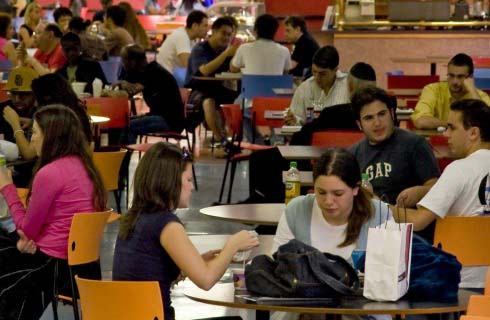
博士学位论文博士学位
学历文凭
Ph.D.
开学日期
课程费用总额


理学硕士心理学研究
学历文凭
Masters Degree (Research)
开学日期
课程费用总额


研究心理学硕士
学历文凭
Masters Degree (Research)
开学日期
课程费用总额

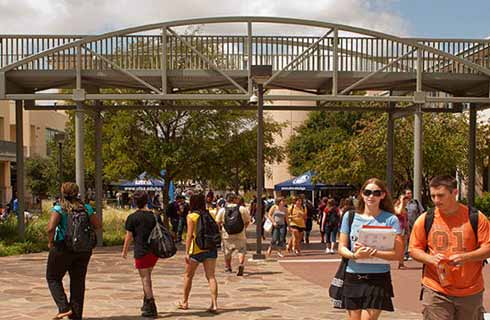
博士哲学
学历文凭
Ph.D.
开学日期
课程费用总额

其他相关课程

工程四级证书
 希拉巴克斯特培训中心(私立)
希拉巴克斯特培训中心(私立)学历文凭
Certificate IV
开学日期
课程费用总额


工程四级证书-制造
 霍姆斯格兰职业技术学院
霍姆斯格兰职业技术学院学历文凭
Certificate IV
开学日期
课程费用总额

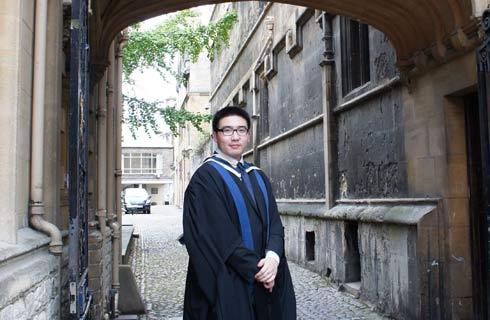
设计文凭(UniLink)(8个月)
 斯威本科技大学
斯威本科技大学泰晤士高等教育世界大学排名:282
学历文凭
Unilink Diploma
开学日期
课程费用总额

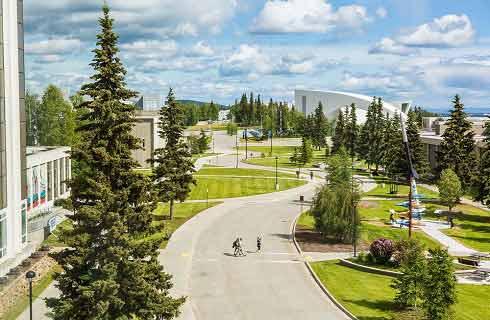
专业工程学硕士(生物医学)
 悉尼大学
悉尼大学泰晤士高等教育世界大学排名:54
学历文凭
Masters Degree (Coursework)
开学日期
课程费用总额

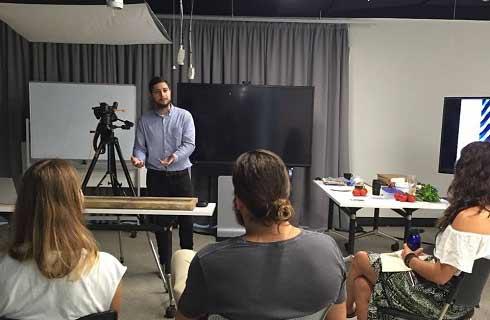
工程科学学士
 伊迪斯科文大学
伊迪斯科文大学学历文凭
Bachelor Degree
开学日期
课程费用总额

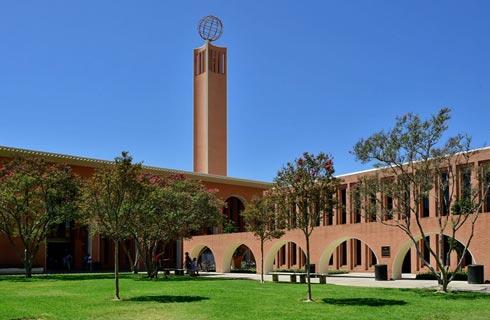
细木工三级证书
 霍姆斯格兰职业技术学院
霍姆斯格兰职业技术学院学历文凭
Certificate III
开学日期
课程费用总额










 英国
英国